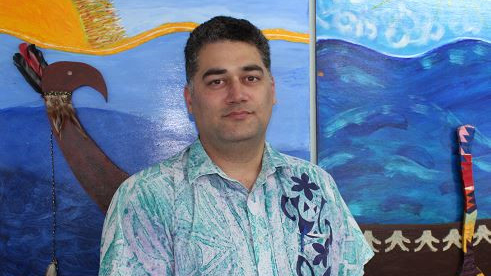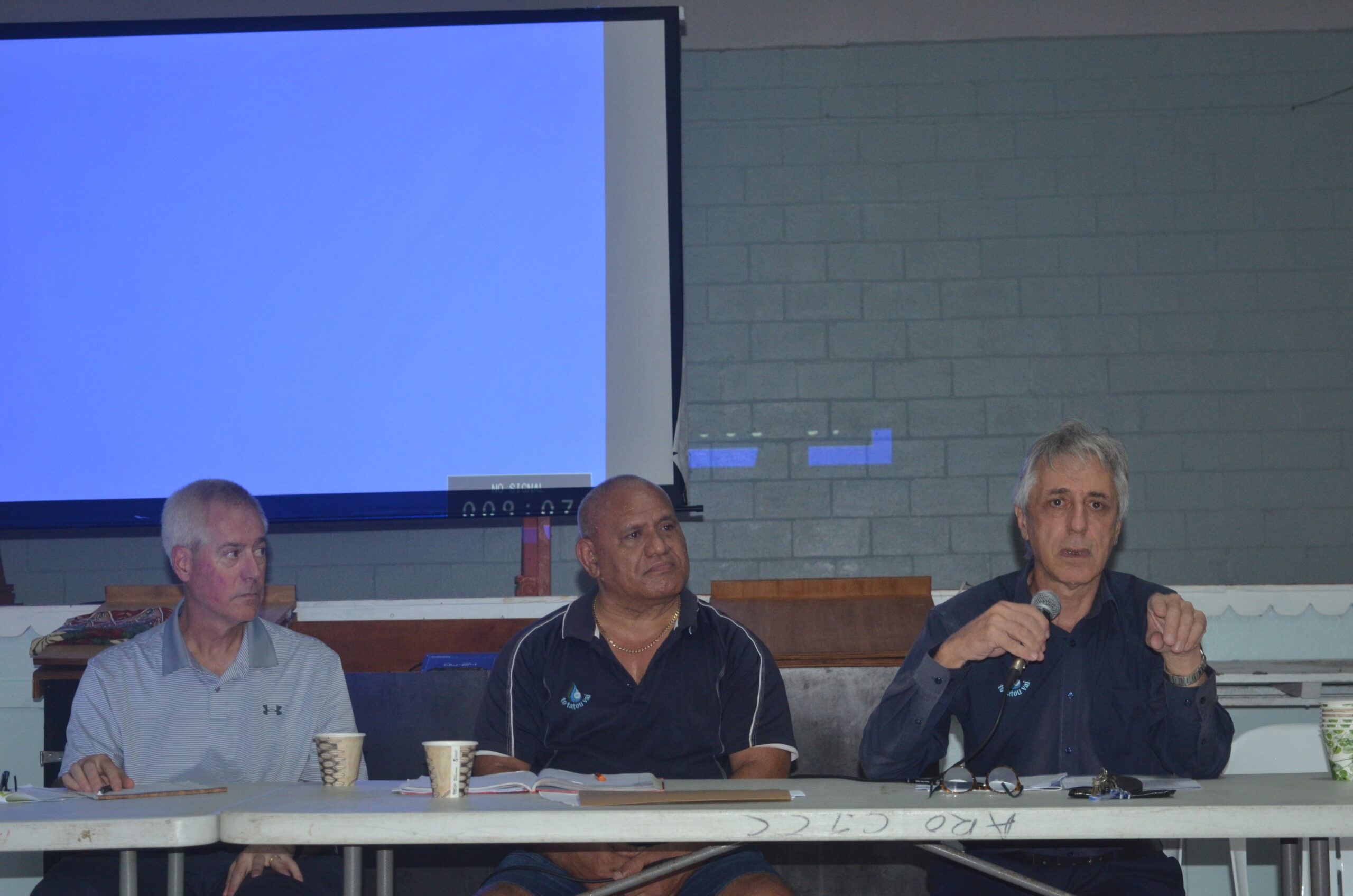Church Talk: ‘May we evaluate what we treasure in our hearts’
Friday 30 June 2023 | Written by Supplied | Published in Church Talk, Features

Tamatoa Jonassen. 22011015
The gospel of Jesus Christ has within it a principle of progression, writes Tamatoa Jonassen of The Church of Latter-day Saints.
For example, before we entered this mortality we were just spirits.
However, in that pre-existence there was a “war in heaven” (Revelations 12:7) where we as spirits had to exercise our freedom of choice that led us into this mortality.
In this life we are not just spirits, but have also gained a body. We have opportunities to learn and grow, to further exercise our freedom of choice and gain experience. Many of the challenges we will face in this life relate to how we treat our own body and those around us.
After death, we will all be resurrected where our spirits will be reunited with a perfect version of our bodies, never to be separated again. This is made possible through the atonement and resurrection of Jesus Christ.
This progression from being spirits to becoming resurrected beings is part of God’s great plan of happiness for us. However, we will still be held accountable for the choices we make in this life.
Another example of progression is the transition from the old testament to the new testament in the bible. The law of Moses was implemented as a lesser law, which included a commandment to make sacrifices symbolic of the sacrifice that was to be made by Jesus who gave his life as part of the atonement and resurrection.
With the birth, teachings, and resurrection of Jesus Christ, the law of Moses was fulfilled (John 1:17; 3 Nephi 15:4-5) and we are now asked to live a higher law that requires us to love the lord and our neighbours (Matthew 22:36-40). The old testament gave way to the further truth of the new testament.
Corinthians 13:9-12 reads:
“For we know in part, and we prophesy in part.
But when that which is perfect is come, then that which is in part shall be done away.
When I was a child, I spake as a child, I understood as a child, I thought as a child: but when I became a man, I put away childish things.
For now we see through a glass, darkly; but then face to face: now I know in part; but then shall I know even as also I am known.”
Progression is a principle we can also see in our own individual lives.
In our own circumstances we may feel like we a treading water, just trying to stay afloat, and not getting anywhere; the saving power of Christ can most certainly help.
Chapter 5 of Alma in the Book of Mormon references a group of people in ancient America that were in bondage and captivity, and it was only through trusting in God, being humble, and striving to change their hearts were they saved (Alma 5:13). Then the rest of the chapter includes questions that help us reflect upon our own status before God. Are we sufficiently humble? Are we stripped of pride and envy? Do we mock others? Are our hearts set on the vain things of the world? Do we turn our backs to those in need? Are we prepared to meet God?
Whatever our current status may be, we can do better. Making positive changes to our lives requires us to make positive changes to our hearts; we can do this by striving to follow the example and teachings of Jesus and be more like him.
Positive change often does not happen overnight. It requires faith and effort, but even small and simple changes can have tremendous impact. The mustard seed is one of the smallest seeds, yet it grows into a huge tree.
Matthew 17:40 reads: “…for verily I say unto you, If ye have faith as a grain of mustard seed, ye shall say unto this mountain, Remove hence to yonder place; and it shall remove; and nothing shall be impossible unto you.”
Michael A. Dunn shared that “all that’s initially required is a mere ‘particle of faith.’ And if we can muster this ‘mustard seed’ mentality, we too can expect unexpected and exceptional improvements in our lives. But remember, just as we would not attempt to go from being Attila the Hun to Mother Teresa overnight, so too should we reorient our patterns of improvement incrementally. Even if the changes needed in your life are wholesale, begin at a small scale. That’s especially true if you are feeling overwhelmed or discouraged.”
The author James Clear maintains “habits are the ‘compound interest of self-improvement.’ If you can get just one percent better at something each day, by the end of a year … you will be 37 times better.”
Our one percent effort to improve ourselves and follow righteousness will have an impact on our own journey in this life and the journey of those around us.
In His sermon on the mount, Jesus gave us a standard that we should strive for. He said “be ye therefore perfect” (Matthew 5:48).
In a talk titled “Improvement Now, Perfection Later” David Dickson encourages us to remember to be patient with ourselves and pray for guidance to help us to know what the next steps in our own progression may be. He says “gradual improvement in the right direction is infinitely better than any speed in the wrong direction.”
May we each reflect upon our own lives, evaluate what we treasure in our hearts, and make better choices. And as we do so, I pray that we will all have the courage to make the improvements in our lives on our progression to be better versions of ourselves.
In the name of Jesus Christ, Amen.










































